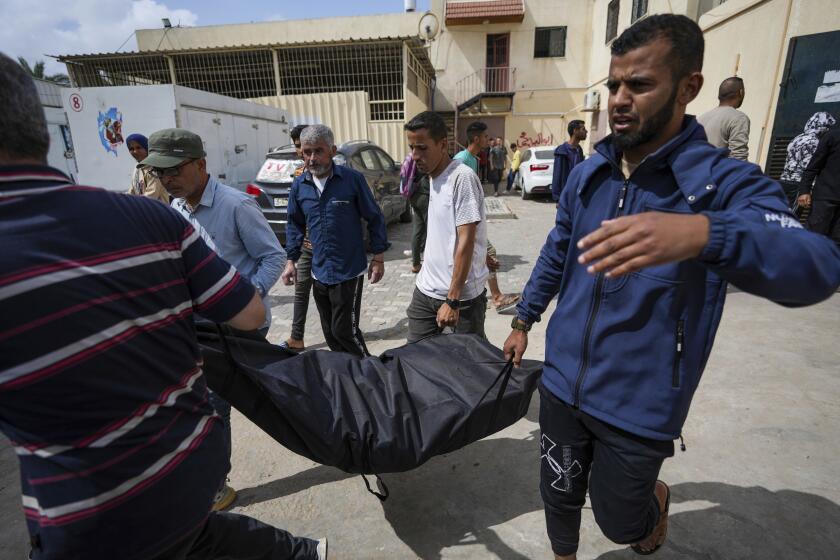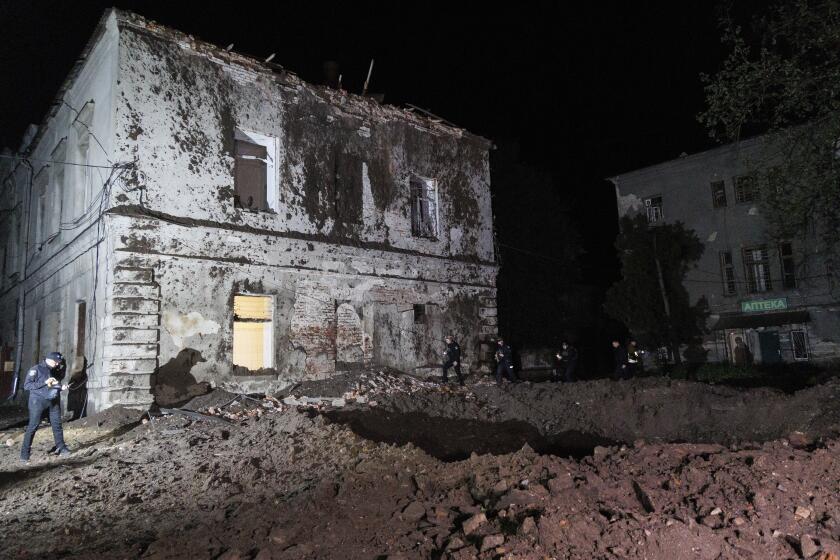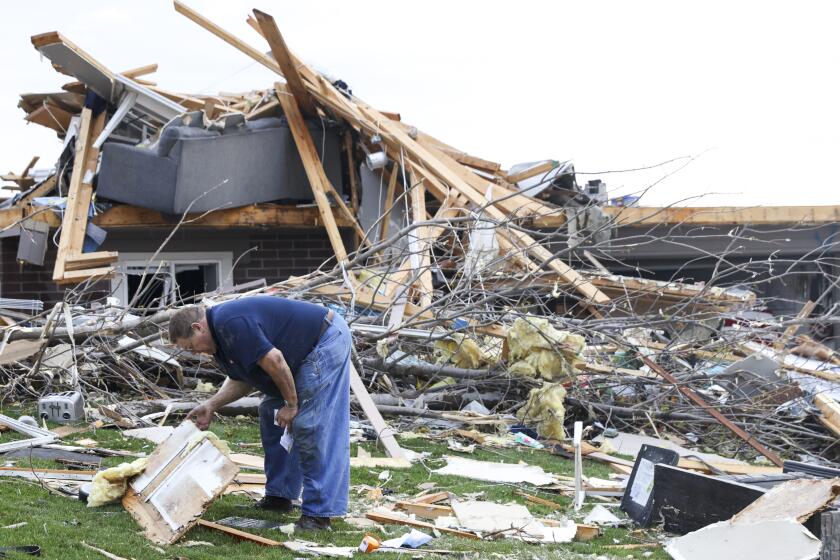A pariah’s pitch for a few more friends
BASEBALL-LOVING Latin American countries are among Taiwan’s dwindling number of international friends. When President Chen Shui-bian spoke at a state dinner in the Dominican Republic last week, he knew what would appeal to his hosts.
“Baseball is the national pastime of Taiwan, and one of our pitchers, Tiger Wang (Chien-Ming Wang), came up to the big leagues this year with the New York Yankees,” he said. “On the same team there’s another player, Robinson Cano, who is a Dominican. They have become very good friends, and I have no doubt that both of them will be big stars with the Yankees. Thanks to baseball, Taiwan is much closer to the Dominican Republic.”
Asia has turned its back on Taiwan, the region’s fourth-largest economy. The United Nations ousted it, and most international organizations ban representatives from Taipei. In fact, Taiwan is recognized by only 25 countries, and luckily for Washington, those countries effectively block a Chinese takeover of the island, which would trigger a mutual defense treaty between Taiwan and the United States.
For 25 years, China and Taiwan have tried to isolate the other diplomatically by buying the allegiance of small nations. During the 1990s, Africa was the main continent of contention in their “dollar diplomacy.” In 1997, Taiwan spent millions buying diplomatic recognition from Chad, Liberia and Sao Tome and Principe. The following year, China retaliated by persuading South Africa, Guinea-Bissau and the Central African Republic to change diplomatic sides.
Three years ago, the arena shifted to the Pacific, where the bankrupt nation of Nauru kicked Taiwan’s ambassador off the island after Beijing promised $60 million in development assistance. In a Page 1 editorial, the People’s Daily of China lauded the defection as “a milestone in the history of bilateral ties.” (This year, Nauru changed sides again because it claims it never received all the promised money.)
Today, the battleground is Latin America, where 12 of the countries that recognize Taiwan are located. In Central America and the Caribbean, Taiwan is “the Chinese Republic of Taiwan.” Numerous development and humanitarian programs reinforce the loyalty. This month, Taiwanese engineers will complete a $27-million “Friendship Bridge” connecting the Costa Rican city of Puntarenas with the Nicoya peninsula on the Pacific Ocean. In the Dominican Republic, Taiwan is a driving force behind the Instituto Technologico de las Americas, a huge cyber park-cum-technology college. A new $250-million investment fund will reinforce these efforts and help companies that export to the U.S. expand. Thanks to the Central American Free Trade Agreement, these exports are duty-free.
Unfortunately for Taiwan, it can’t win the game of dollar diplomacy. Last year, Chinese President Hu Jintao swept through Latin America promising to invest $100 billion in the coming decade. It was welcome news to the region at a time when Washington remains preoccupied with the Middle East and directly invests less and less in Latin America. Dominica was the first to jump ship, severing relations with Taiwan after Beijing trumped Taipei’s $9-million assistance package with an offer of $122 million paid out over six years. Earlier this year, Grenada lined up behind China after Beijing pledged to underwrite a $136-million national stadium and fund a $21.6-million hospital expansion.
Congressional anxiety over China’s growing profile in the Americas jumped a year ago when Beijing sent a peacekeeping contingent of “special police” to Haiti, the first-ever deployment of Chinese forces in the Western Hemisphere. Last week, the Senate Foreign Relations Committee held hearings on whether China’s “generosity” undercuts U.S. influence.
The irony is that when asked to choose between democratic Taiwan and totalitarian China, Washington consistently sides with Beijing.
In 1995, when Lee Teng-hui, the first freely elected president of Taiwan, spoke at Cornell University about his country’s commitment to democracy, the State Department accused him of trying to embarrass China. After describing his country as an independent nation in 2003, Chen was publicly reprimanded by Beijing’s Communist leaders -- and U.S. diplomats.
Unable to upbraid Chen personally, State Department officials tried to humiliate his handicapped wife, who was scheduled to give a speech to the American Enterprise Institute.
“Immediately after her speech,” said James Lilley, a former CIA agent who served as U.S. ambassador to both Beijing and Taipei, “she was told to leave the U.S. immediately and not attend a diplomatic reception in her honor that had been planned for months.”
To overcome its isolation, Taiwan has created a global network of institutes ostensibly limited to economic and cultural affairs. Taiwan diplomats, who seldom receive the respect accorded their accredited peers, staff these shadow embassies.
“I was the only ambassador in Washington who was denied the rank of ambassador,” said Jason Hu, Taipei’s envoy in the 1990s. “At the Clinton inauguration, I was asked to sit hidden among the wives.”
Taiwan’s foreign minister, Mark Chen, is a former Purdue geophysicist who once worked for the U.S. National Oceanic and Atmospheric Administration. He is not allowed to use a diplomatic passport when entering the United States or to visit his son in Virginia because his presence near Washington might offend the ambassador from Beijing.
Taiwan has maintained its relationships in Latin America by playing the baseball card. Proof of that came last week when the Dominican Republic’s secretary of state gave Chen an autographed portrait of Hall of Famer Juan Marichal before officials from the two countries played a softball game.
“Taiwan won a silver medal for baseball at Barcelona, so the Dominicans know we can play ball,” said John Feng, Taiwan’s ambassador to the Dominican Republic.
But Feng’s smile was fleeting, because he knows that Beijing plans to field a baseball team when it hosts the 2008 Summer Olympics.
More to Read
Start your day right
Sign up for Essential California for news, features and recommendations from the L.A. Times and beyond in your inbox six days a week.
You may occasionally receive promotional content from the Los Angeles Times.






